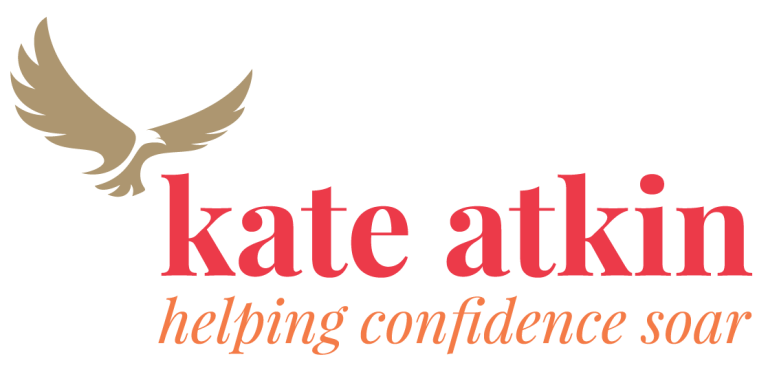
I recently came across research by KPMG entitled “Advancing the Future of Women in Business: The 2020 KPMG Women’s Leadership Summit Report“. Now, don’t get me wrong the report makes interesting reading and is spot on with its research.
It’s just that, well, it seems to me that it perpetuates a few myths…
First of all, the report refers is all about women experiencing imposter syndrome.
Myth one: it isn’t a syndrome, not really. While most media outlets refer to it as such and it is in common usage (which is why I have imposter syndrome in my LinkedIn profile and my website, because that’s what people are searching for), it really is a PHENOMENON. I don’t mind anyone using the term syndrome, providing they also indicate that the imposter chatter is not a medicalised condition, and it would be great if everyone states that it really should be called a phenomenon (something that occurs at certain points in time or in certain situations). People don’t suffer from imposterism, they experience it.
Secondly 74% of the women interviewed report that they believe male counterparts don’t experience feelings of self-doubt as much as female leaders do. While that may well be true, it refers to another myth and a bugbear of mine…
Myth two: imposter feelings are one and the same as self-doubt. It’s just a confidence issue. No, no, and no again! the imposter feelings are not the same as self doubt, they are much more pervasive and should not be confused with what is normal, healthy self-doubt. When you are doing something for the first time, second or even third time wondering whether you are good enough, if it will turn out ok, or what will happen if you make a mistake is normal. Indeed, it is healthy. Normal self-doubt stops us from being arrogant, from taking unnecessary risks and keeps us self-aware. However, imposter-style self-doubt is so much more debilitating on the inside. This is when you have lots of evidence that says you are good at what you do, a string of successes behind you to prove that you are up to the job, and you still don’t believe them. That’s imposter self-doubt.
Thirdly, the report also states that: Imposter Syndrome is a persistent inability to believe one’s success is deserved or achieved by working hard and possessing distinct skills and capabilities but by other means such as luck or being at the right place at the right time. It is often accompanied with feelings of self-doubt, fear of success or failure, or self-sabotage. Which sadly perpetuates another myth, that of hard work being ok…
Myth three: If I work really hard, it will be ok. Many individuals achieve success through hard work and an element of luck, but those experiencing imposter chatter put their success down to luck and/or hard work – and not their own knowledge skills and abilities. Indeed, they put in extra effort to make sure the outcome is successful often to the detriment of the outcome (see Yerkes-Dodson law). The desire for perfection can mean they miss deadlines, procrastinate on important topics and get caught up in the detail. So letting go of the myth that you need to work really hard to be successful would be beneficial.
There are some great things in this report, and it is well worth a read. I am truly delighted to see top organisations taking the internal experience of imposter chatter seriously and commissioning reports on it. It’s just that I’d like them to be a bit more accurate.
A phrase by Dr Shima Barakat springs to mind: “fix the system, not the women”.
A couple of the useful bits:
47 percent reported experiencing Imposter Syndrome due to the fact that they never expected to reach the level of success they have achieved.
Research backs this up as IP is often experienced by those who have outgrown their childhood expectations, or society’s expectations, or indeed what is seen as ‘normal’ in the organisation. So from a diversity and inclusion perspective, banishing the myths that women don’t belong at the top would help; start creating allies and sponsors to encourage more women to reach for the top and when they get there to feel comfortable in that position.
72% of female executives relied on the advice of a mentor or trusted advisor when doubting their abilities to take on new roles.
Yes, and… mentors are great, having someone who can help you see yourself objectively can be really beneficial in taming the imposter chatter. AND having someone help you to review your successes, to accept them as deserved, to help you highlight your skills and your strengths. There’s so much more that a mentor and/or a good line manager can do.
If you’d like to know more about the imposter phenomenon please take a look around my website. I am currently researching the imposter chatter with men and women in the workplace for a doctorate and I also give talks and run workshops to help others acknowledge their internal chatter, identify where it might come from and how to covercome it. Imposter feelings can be lessened and overcome with time, and support whether from a manager, mentor or supportive other half.
